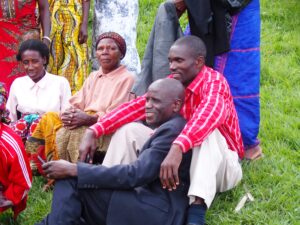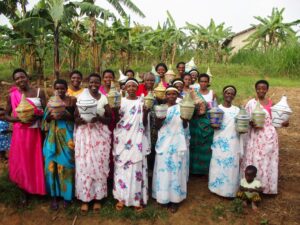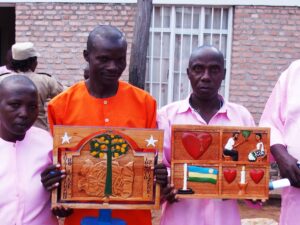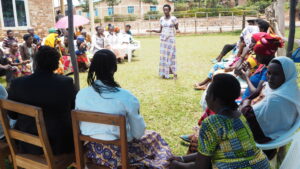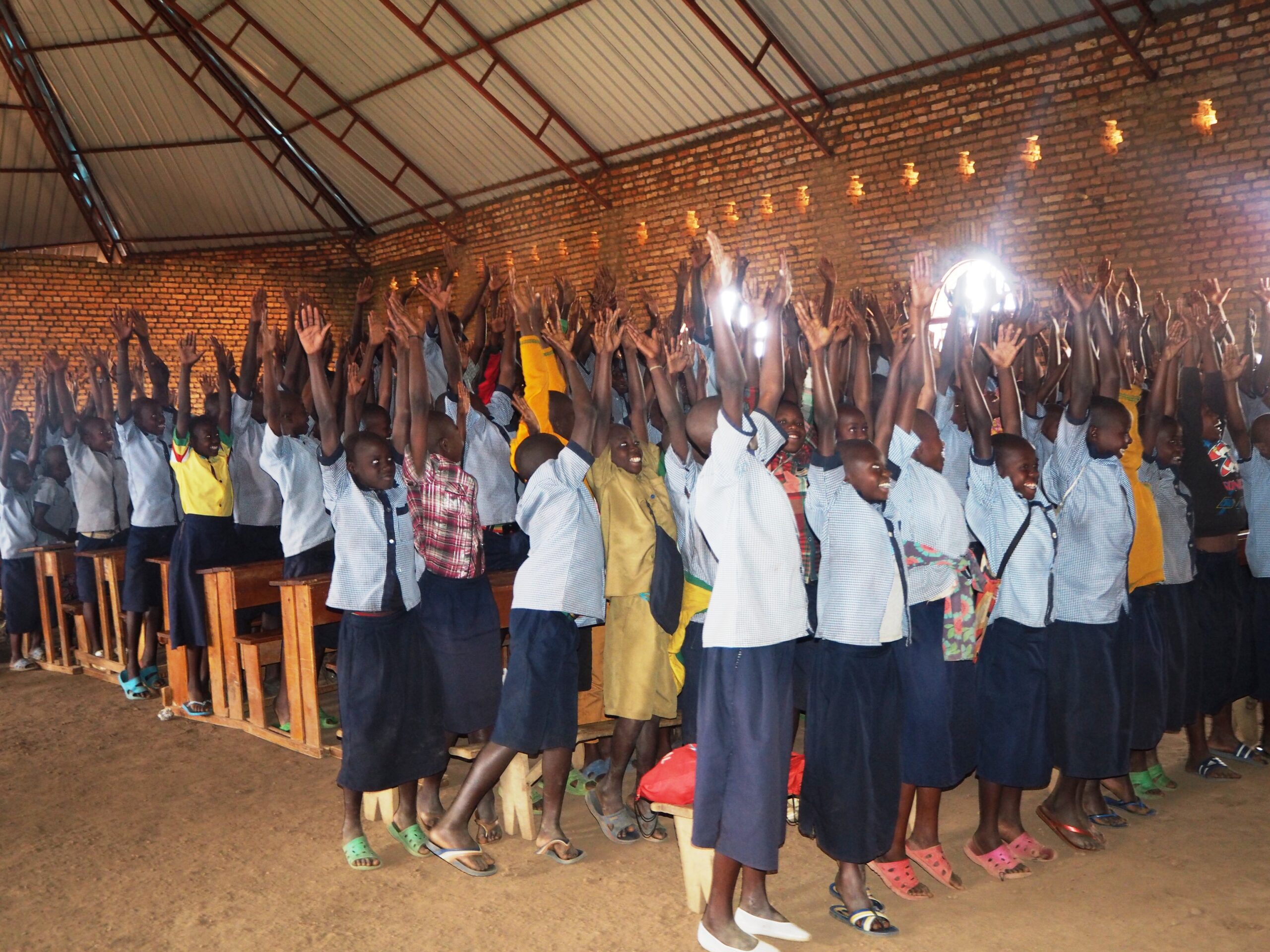
Over the years, team members overseeing the implementation of the sociotherapy approach, observed that disturbed family dynamics are a prominent issue in Rwanda. Exploration of this issue led to a few studies that gave evidence that genocide legacies affecting parents may have a negative impact on their offspring, which in turn may affect the so-called second generation (those who were too young during the genocide to consciously experience it and those born after the genocide) and impact on their attitudes and behaviour regarding reconciliation. Sociotherapy was one of the first entities to draw attention to the need of policy makers and practitioners to constructively address these intergenerational legacies of genocide. While over the years knowledge about these legacies – specifically regarding the intergenerational transmission of trauma and violence – has been gained regarding the Holocaust, the post-genocide situation in Rwanda is quite unique because of the nature of the genocide against the Tutsi and the transitional justice mechanisms implemented by the Rwandan government in its aftermath. A variety of approaches to public memorialisation and the community justice system Gacaca stand out in this respect. However, we found that what applies to descendants of Holocaust perpetrators and victims also applies to descendants of victims and perpetrators of the genocide in Rwanda. McGlothin (2006: 14), for instance, argues with reference to the Holocaust that while the legacy transmitted to the second generation is quite different for the two groups, the general position of the children to their parents’ pasts is quite similar: “Both groups feel marked by the Holocaust, an event that is ever present in their lives but not personally experienced, and both struggle to understand their own place in the world in light of their link to the traumatic past”. Studies conducted in Rwanda in the context of sociotherapy indicated that intergenerational legacies of genocide are a risk factor of the internalization of sentiments of divisionism or even genocide ideology among the second generation. These studies as well as the many testimonies collected in sociotherapy booklets, however, also gave evidence that as a result of participation by parents and by youth in sociotherapy groups, social relations between previous adversaries in the genocide conflict and between the descendants of both improve. One factor that significantly contributes to this is the revitalization of sociotherapy graduates resulting in an improvement of their economic situation. We consider the negative effects of the intergenerational transmission of genocide legacies as one the core challenges in making the fragile and complex processes of reconciliation and peacebuilding sustainable. Not recognizing the consequences of these legacies and not timely intervening may keep cycles of trauma and violence alive, as can be observed in the history of violent conflict in the Great Lakes Region (including pre-genocide Rwanda), South Africa, the Middle East, Myanmar, the Balkans and many other parts of the world.

